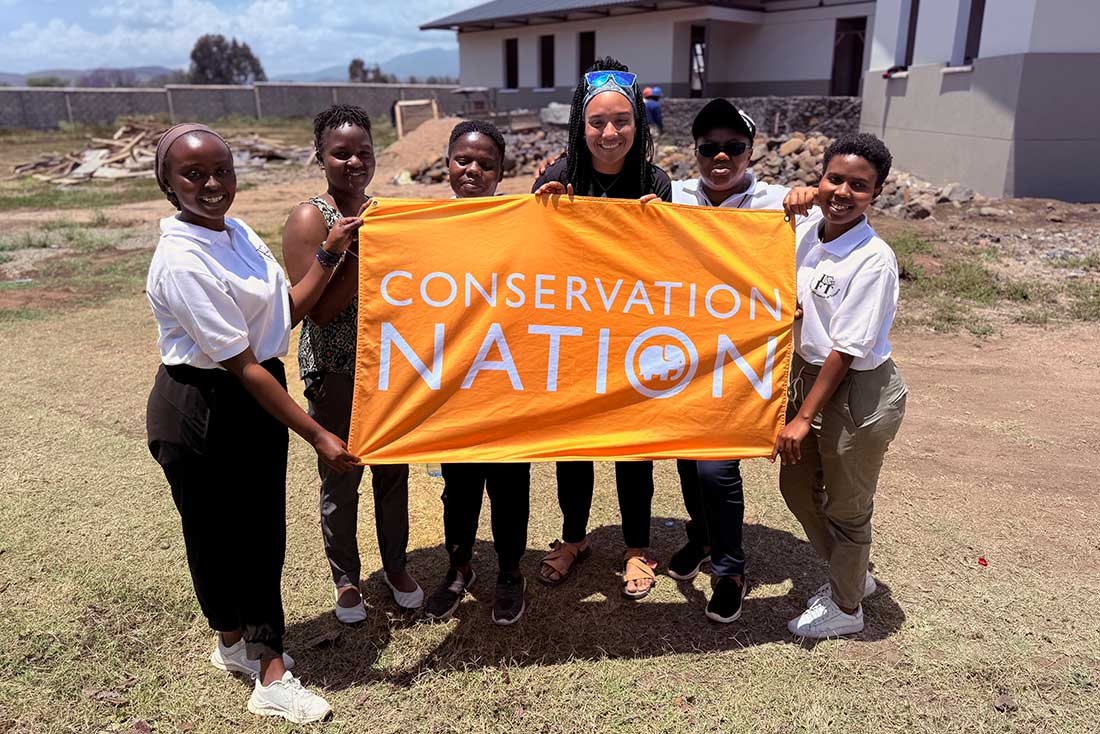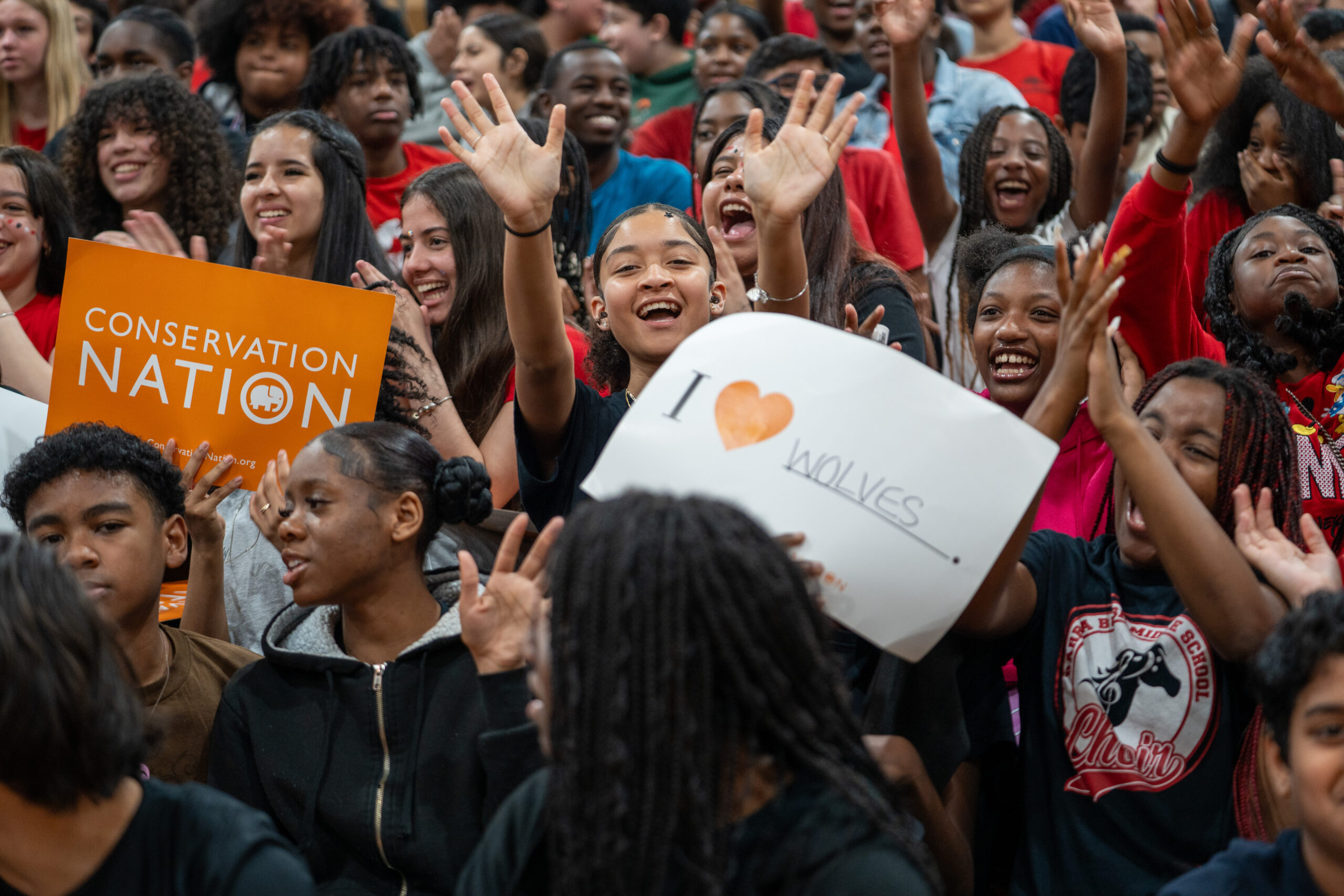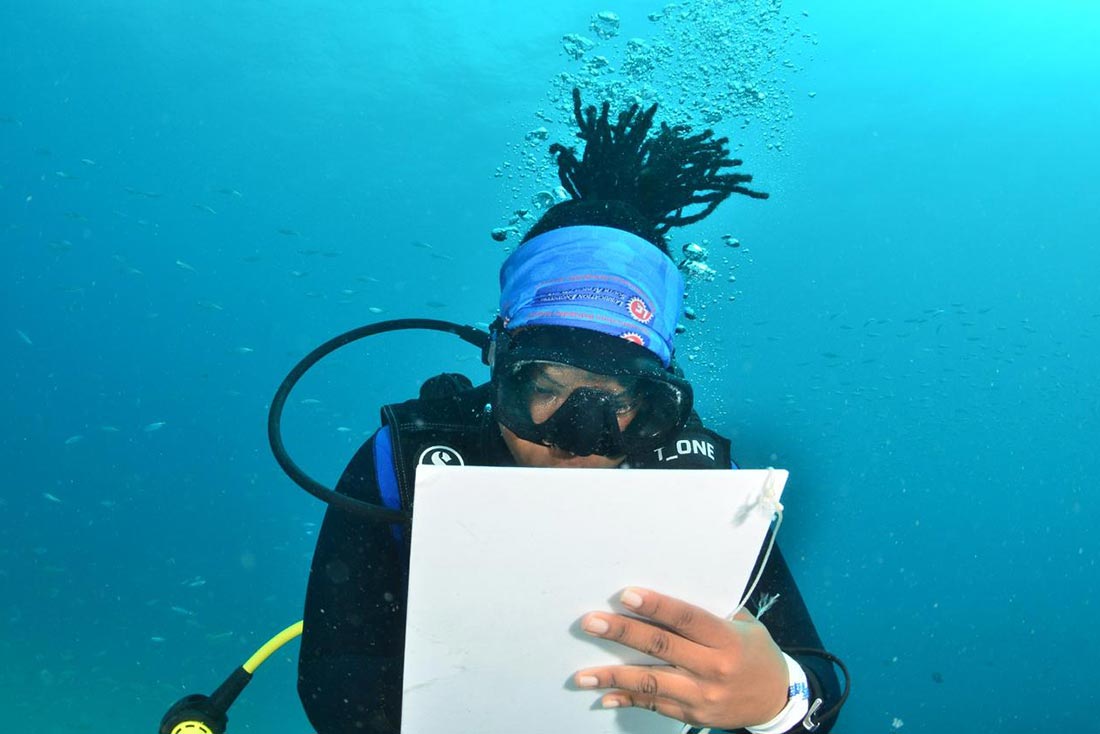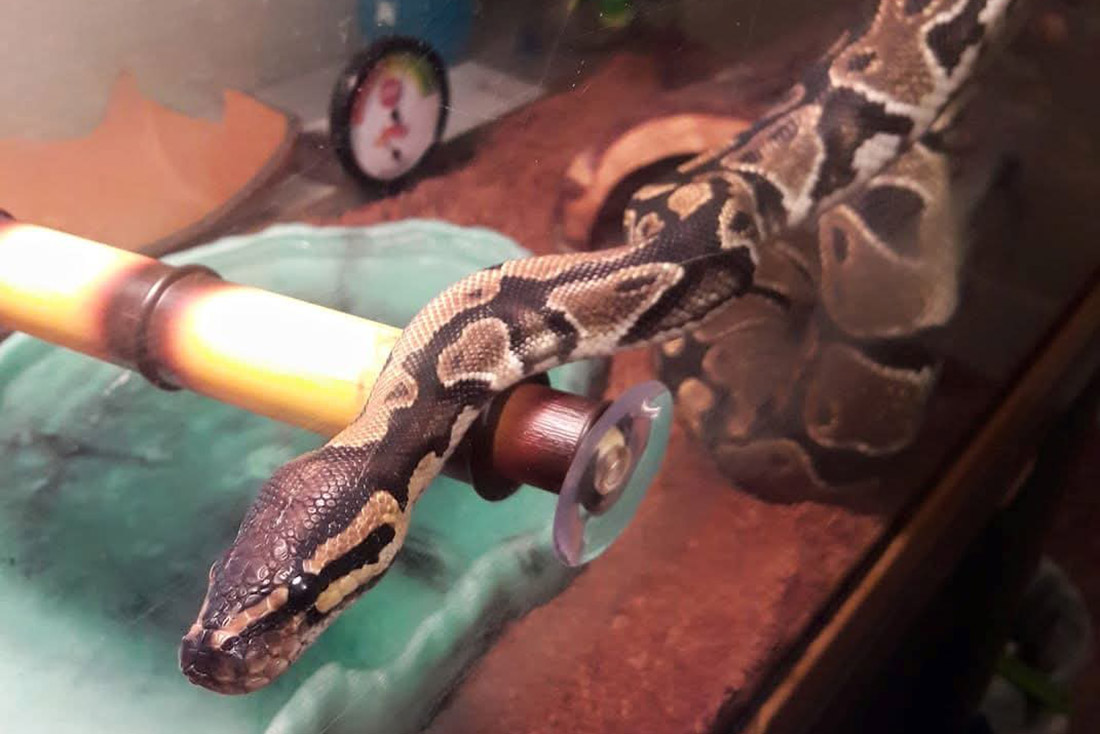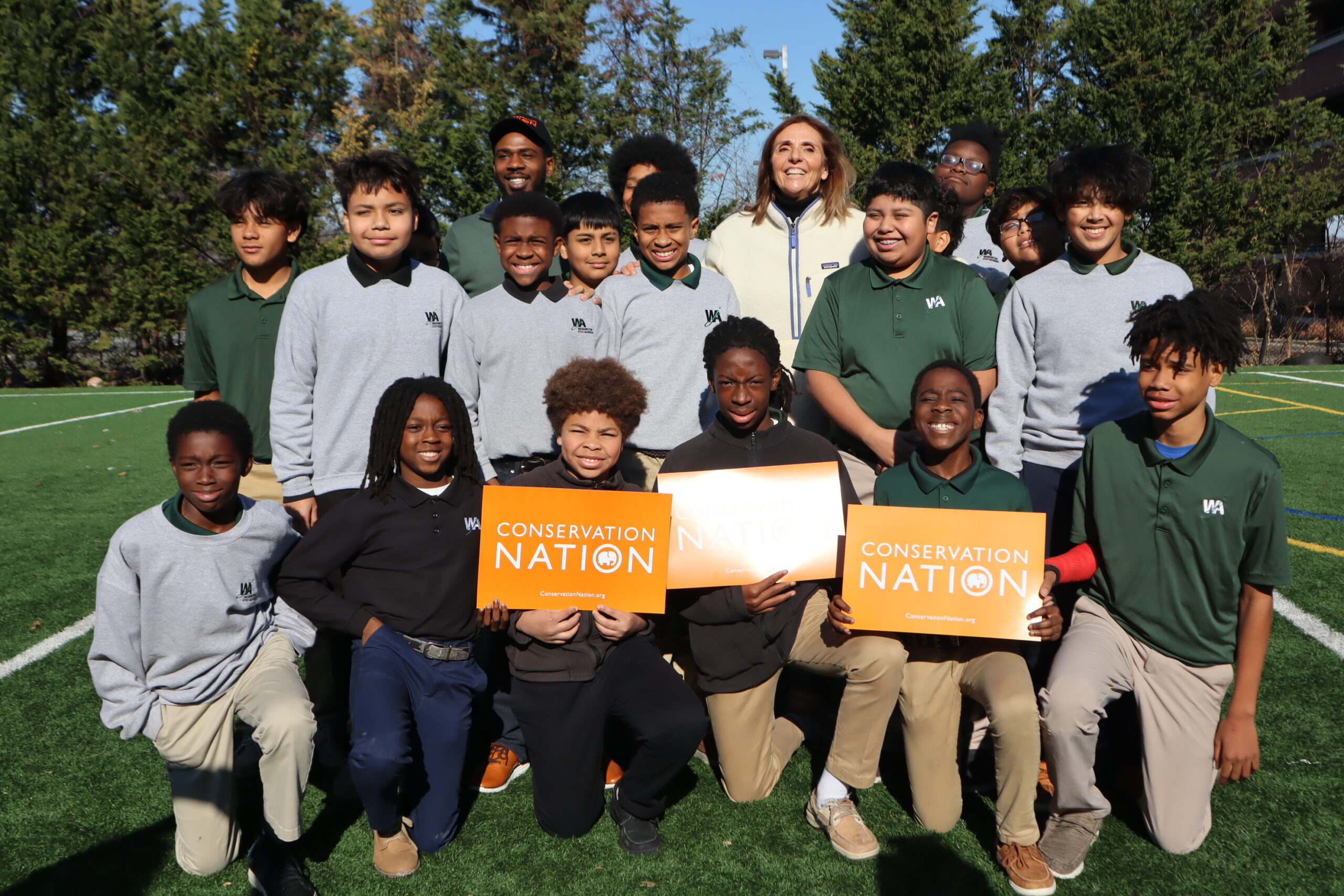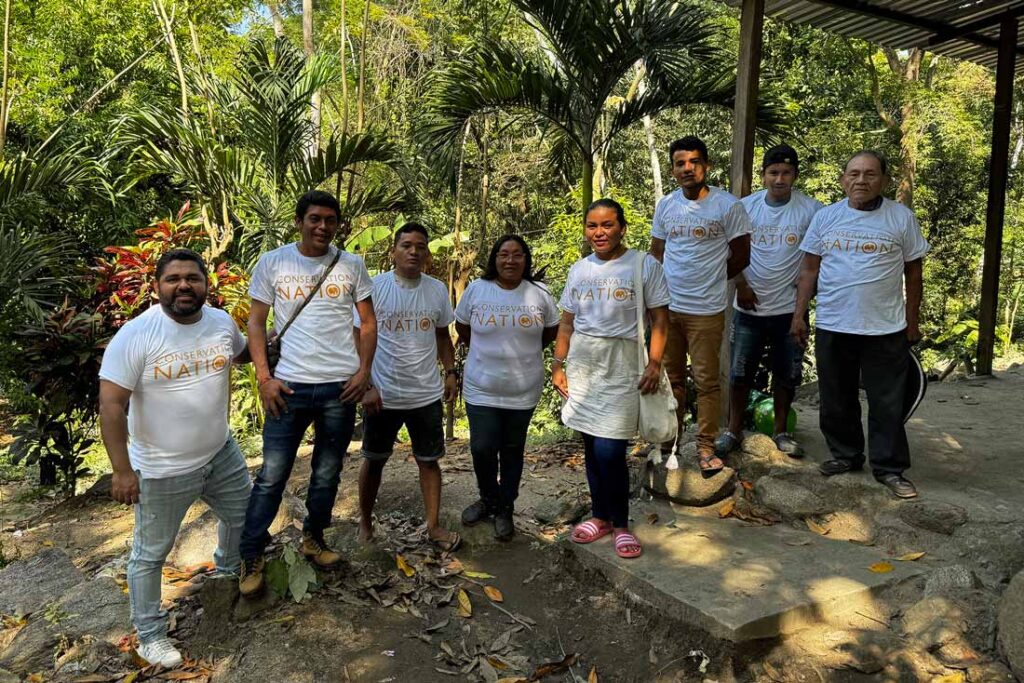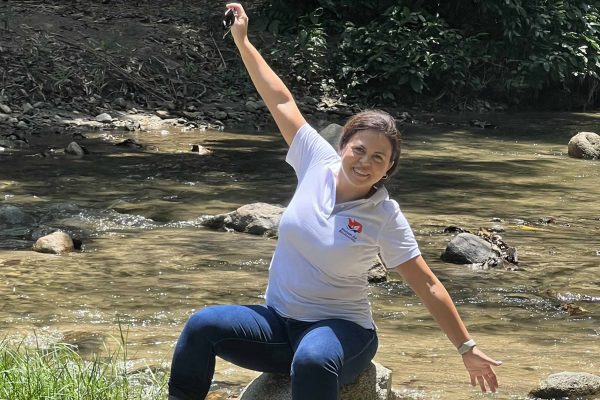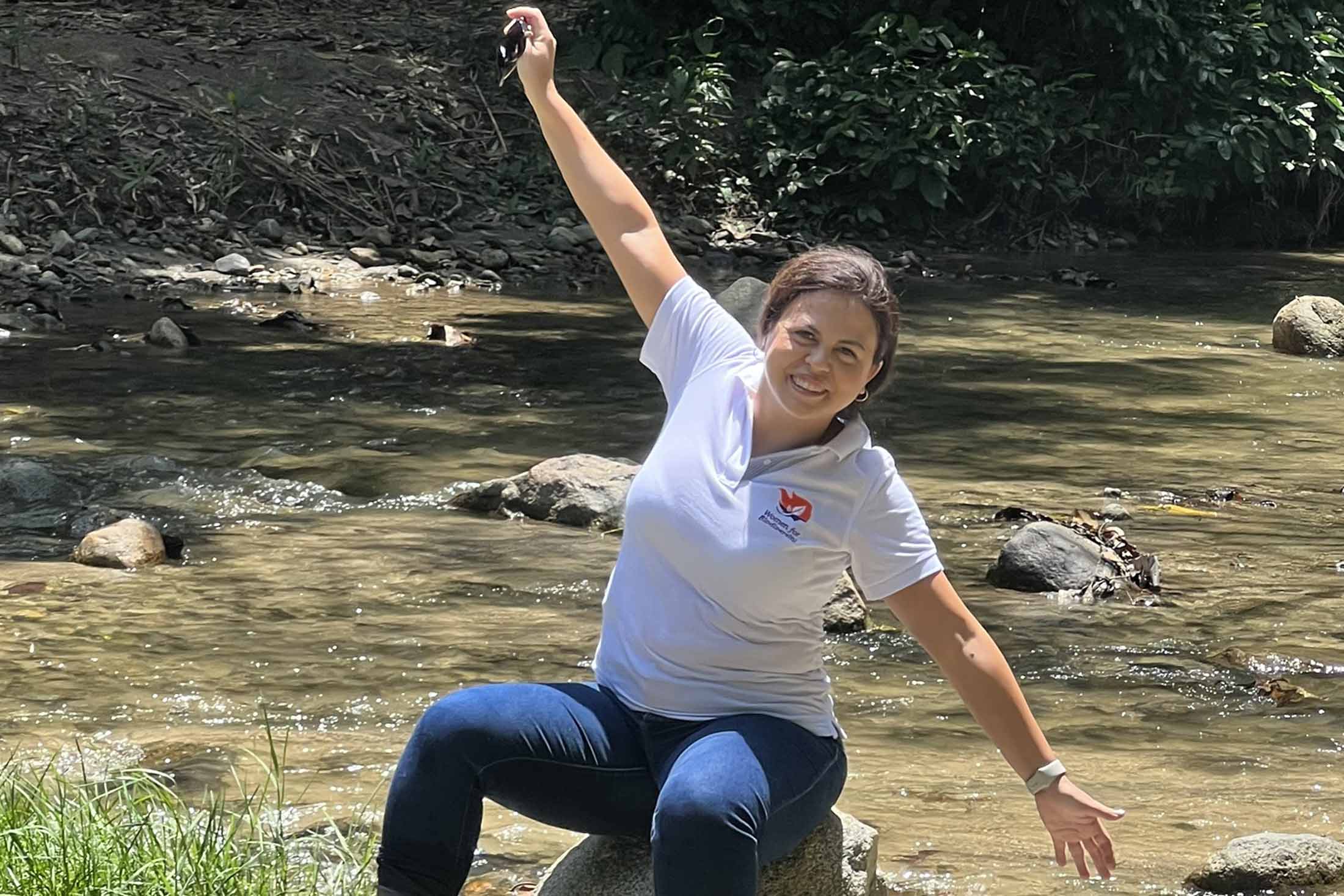The Ethno-Program for the Conservation of the Orinoco Crocodile recently reached a significant milestone. By the end of 2023, it progressed more than one-third of the way toward its final implementation! The program’s objective is to reduce the vulnerability of the Orinoco crocodile in the Colombian Amazon basin. To date, we have successfully located 50 animals. Monitoring these individuals has provided crucial data on their movement patterns and behavior. Additionally, we have identified and protected ten nesting sites, resulting in a 20% increase in juvenile survival rate compared to the previous year.
So far, the program’s outreach activities have been specific and targeted. For instance, we held five training workshops for 300 people in local communities. Each focused on the importance of the Orinoco crocodile and its role in the ecosystem. The impact of these trainings was profound as they contributed to a 15% reduction in poaching in the area!
We also led a series of educational sessions over eight days—each had an average of 40 participants (more than 320 in total!). In addition to lessons about general conservation practices, we discussed various topics related to the Orinoco crocodile, including its basic biology, the importance of the species to the Amazon ecosystem, and the impact of climate change on its habitat. This particular learning activity was especially effective in the region’s schools and community centers, where environmental awareness is crucial for the future of conservation.
Our outreach activities included interactive art and storytelling modules to foster an emotional and personal connection to the crocodiles. We also integrated local ancestral knowledge into the lessons to provide a richer perspective. The active participation of indigenous communities improved the local perception of wildlife conservation and eased the project implementation process. One of the most notable program collaborators is Carlos Hernández, a local indigenous expert in herpetology. His knowledge has been essential for developing effective conservation strategies based on the unique behavior of Orinoco crocodiles.
Despite the program’s successes, we will still face challenges that require a dynamic and evolutionary approach. With that in mind, we plan to face these hurdles by striving to be flexible and innovative—two qualities essential to conservation.
Soon, we plan to expand our monitoring activities through advanced technology and strengthen environmental education in local schools. We aim to increase the crocodile population by 40% in the next five years, thus ensuring their long-term survival.
This program is more than a conservation initiative; it is a model of how science, community, and passion can combine to make a real difference in protecting endangered species. With every step we take, we are changing the destiny of the Orinoco crocodile, ensuring its place in the ecosystem of the Colombian Amazon.

